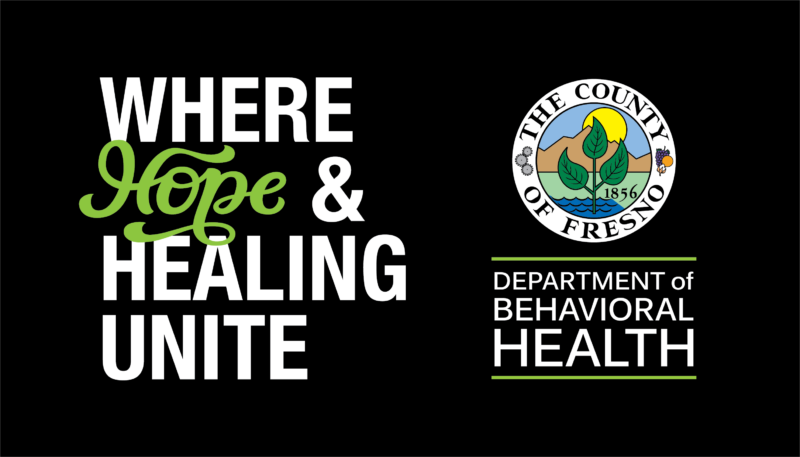CARE Act
Community Assistance, Recovery, and Empowerment Act
What is the Care Act?
The CARE Act introduces a new civil court process that provides community-based mental health services to eligible individuals. It prioritizes treatment, housing, and community support.
How can the CARE Act Help Someone You Know?
The CARE Act creates a new pathway for delivering mental health and substance use disorder services to the most severely impaired Californians, who too often suffer in conditions of homelessness or incarceration without treatment.
The CARE Act moves care and support upstream, providing the most vulnerable Californians with access to critical behavioral health services, housing, and support.
Who Is Eligible?
To be eligible for CARE Act proceedings, the individual must meet all the following criteria:
- Be 18 years old or older.
- Have a diagnosis of schizophrenia spectrum or another psychotic disorder.
- Be currently experiencing a severe and persistent mental illness that substantially interferes with primary daily activities, possibly leading to an inability to maintain stable adjustment and independent functioning without long-term or indefinite treatment, support, and rehabilitation.
- Not be clinically stabilized in an ongoing voluntary treatment program.
Meet one of the following:
- The person is unlikely to survive safely in the community without supervision, and their condition is substantially deteriorating.
- The person is in need of services and supports to prevent a relapse or deterioration that would likely result in grave disability or serious harm to the person or others, as defined in Section 5150.
- CARE would be the least restrictive alternative to ensure the person’s recovery and stability.
- The person is likely to benefit from participation in CARE.
How to Receive Services
Eligible respondents can be connected with services to support their recovery and stability through the following process:
Referral
Referrals for respondents with untreated schizophrenia spectrum or other psychotic disorders meeting specific criteria can be made under the CARE Act to prevent institutionalization and ensure appropriate care.
Clinical Evaluation
After the county’s outreach efforts, if the respondent is unable to voluntarily engage in services, the court reviews the referral/petition to determine whether the respondent meets the CARE criteria. The court then appoints legal counsel. A voluntary supporter selected by the petitioner may be appointed by the court.
The court may also order a clinical evaluation to help determine the individual’s eligibility for CARE. If the individual meets the CARE criteria, the court orders the development of a CARE plan.
Care Plan
The county behavioral health agency, the petitioner, the petitioner’s legal counsel, and the supporter collaborate to develop an individualized CARE plan. This plan may include behavioral health treatment, stabilization medication, and a housing plan. The court reviews and adopts the CARE plan, with both the participant and county behavioral health as parties to the court order for up to 12 months.
Support
The county behavioral health agency begins treatment to support the participant’s recovery and stability. The court will review and update the CARE plan and associated progress during regular status hearings. The court may approve the participant’s continued participation in the CARE plan for up to one additional year.
Success
Successful completion and graduation are recognized by the court. The participant remains eligible for ongoing treatment, supportive services, and housing in the community to support long-term recovery.
Want More Information?
Self-Help Center (559) 457-2143
Fresno County (24/7) Access Line: 1 800 654-3937
CARE Act Peer Video
In this video, a peer with lived experience provides an overview of the CARE Act. The individual shares their personal journey, emphasizing how recovery is possible with the right support. The video also highlights the voluntary, flexible nature of the CARE Act, ensuring participants have a say in their care.
Looking for Additional Information?
Fresno County Behavioral Health Information

Fresno County Behavioral Health Links
Want more information?
Fresno Self-Help Center (559) 457-2143
https://www.fresno.courts.ca.gov/divisions/collaborative-courts-division/care-act

CARE Act is Supported by Our Partners





